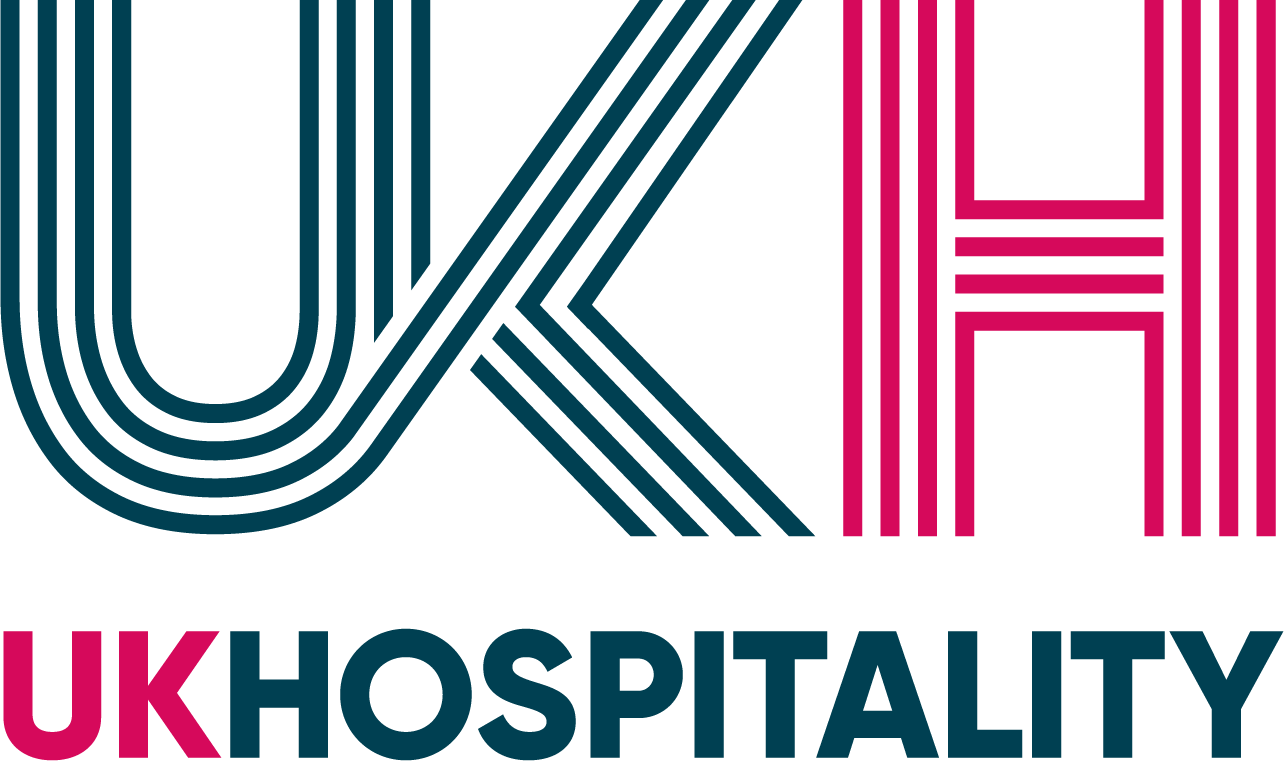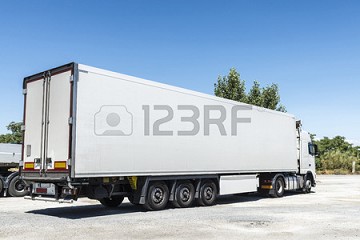Packaging Guilt
Not so long ago, we managed very well with minimal packaging. We used to get 94% of our milk bottled (instead of only 4% now), fish and chips on greasy brown paper and our fruits and vegetables in paper bags. We do long for those bygone days but as the same time without much thought or guilty conscience lap up the convenience of modern consumerism. The average UK householder throws away an estimated 400g of packaging every day [pdf] and 25% of household waste is packaging [pdf].
Who are the contributors to this packaging guilt?
Plastics
More than half of all goods in Europe are packaged in plastic; on the average, 29 kg per person each year. Of the 57 million tonnes of plastics produced in Europe annually, 39% is packaging. Plastic is the preferred manufacturer choice as it is light and strong. Unfortunately, 8m tonnes [pdf] of plastic end up in the ocean. By 2050, it is predicted, there will be more plastic than fish in the sea. Whilst every effort is made to encourage the recycling of plastic in the UK, most of the plastic film used in carrier bags and other packaging ends up in the landfill; and more than 15 million plastic bottles a day are not recycled.
Bad design, poor recycling
Some of the more famous culprits are single-use plastic and plastic packaging, coffee cups, drink cartons, plastic stirrers, coffee pods, microbeads and Tetra Pak cartons. The latter because they are made of several materials which are difficult to separate and recycle – card, aluminium and plastic coating.
The Infamous takeaway Coffee Cup
The invasion of the so-called recyclable coffee cup with its plastic lid and cardboard sleeve, has transformed the coffee industry and about 7m cups a day (a whooping more than 2.5b cups a year) are generously handed out by coffee shops in the UK. Yet reportedly fewer than one in 400 cups is recycled.
Wasted wrapping
Even the simplest of groceries are vacuum packed on a moulded polystyrene bed, covered in a hard plastic shell, wrapped in polythene! Online companies are famous for excessive packaging from larger than necessary corrugated box that is only 30 to40% recyclable and layer of bubble and plastic wrap to ‘miles of plastic tape!
Refrigeration and Transportation
Refrigeration during transportation is necessary to extend the shelf life and maintain the freshness of the non-durable produce. But refrigeration in trucks and HGVs is not environmentally friendly as it adds to the weight of HGVs, making them energy intensive; not to mention the danger of leaking HFC refrigerants. And if the fridges are powered by diesel they emit huge amounts of toxic nitrogen oxides and particles that contribute to air pollution. HGVs produce 22% of transport’s CO2 land transport emissions, while only accounting for 5% of vehicles.
Whether the packaging gets recycled depends on where it lands.
If they are tossed into a dustbin, they will most certainly land in the landfill instead of the recycling plant.
If they do land in a recycling bin, then they have to find their way to the only two specialist facilities in the UK that have the capability to separate plastic from other materials such as the paper for effective recycling. The lack of effective recycling would surprise many businesses and eco-conscious consumers. Most of us do not really question what really happens to the waste. We need to be aware and question more.
020 7470 8866







